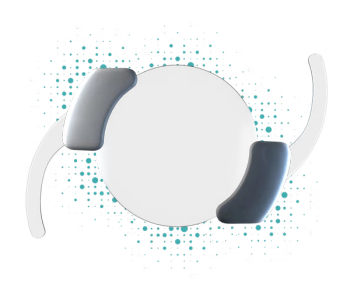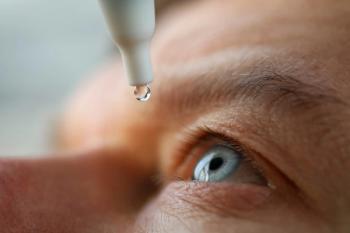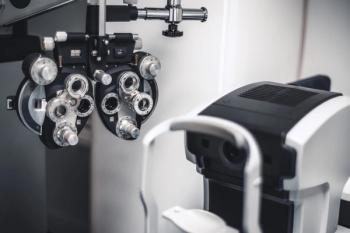
What happened in optometry this week: September 23 - September 27
Catch up on what happened in optometry during the week of September 23-September 27.
Catch up with what Optometry Times shared this week:
AOA releases new resources surrounding the 2024 Eyeglass Rule
By Emily Kaiser Maharjan, Assistant Managing Editor
As part of the Federal Trade Commission’s (FTC) updates to its Ophthalmic Practice Rules, the 2024 Eyeglass Rule, which requires all eye care practitioners to obtain confirmation of the delivery of a prescription to the patient, went into effect on September 24, 2024. In an effort to smooth implementation, the American Optometric Association (AOA) has provided resources for optometrists.
Nicotine inhibits myopic growth in animal models
By Lynda Charters
Nicotine, when administered either as an intravitreal injection or a topical eye drop, significantly inhibited the development of experimental myopia, according to a team of Australian investigators led by Kate Thomson from the Centre for Research in Therapeutic Solutions, Faculty of Science and Technology, University of Canberra, Canberra, Australia.
This research builds on their previous experience in which they found that stimulating nicotinic receptors can inhibit experimental myopia. They made this observation during an investigation of the mechanism by which atropine inhibits ocular growth. Their study currently under discussion expands on that preliminary finding and investigates the safety and efficacy of nicotinic stimulation in the inhibition of ocular growth.
Insights from The Vision Council
By Alysse Henkle; Emily Kaiser Maharjan, Assistant Managing Editor
At Vision Expo West 2024 in Las Vegas, Nevada, Alysse Henkel of The Vision Council shared some key takeaways from recent research published by the association. Topics included consumer behavior around eyewear labeled made in the USA, low vision referrals and caregiver research, and practice growth trends for 2024 compared to 2023. Henkel also previewed studies regarding online behavior: Their surveys concluded that patients are more reliant on online reviews to select their eye care provider than they were 2 years ago, that they are more open to receiving an eye exam from a remote provider, and that online eyewear sales have remained steady.
Smiles and service over screens: How to compete with online retailers
By Jessica Betancourt
Over the past decade, small independent optical stores have seen online optical retailers impact our businesses to varying degrees. Patients have always had the option of shopping for glasses and contacts online, and the recent Ophthalmic Practice Rules (or Eyeglass Rule) legislation may encourage more to do so. I’ve heard colleagues voice concerns that there’s just no way to compete with online companies because of their buying power, prices, and 24/7 accessibility. For some patients, ordering online is right for them; they may prefer the efficiency of a screen. But I’ve found that most of my patients value other things more than efficiency and maybe saving a dollar or two.
Contact Lens Institute survey reveals factors that keep patients in contact lenses
By Scott Moscow, OD; Andrew S. Bruce, LDO, ABOM, NCLEM, FCLSA; Emily Kaiser Maharjan, Assistant Managing Editor
At Vision Expo West 2024, the Contact Lens Institute (CLI) unveiled
Newsletter
Want more insights like this? Subscribe to Optometry Times and get clinical pearls and practice tips delivered straight to your inbox.




























